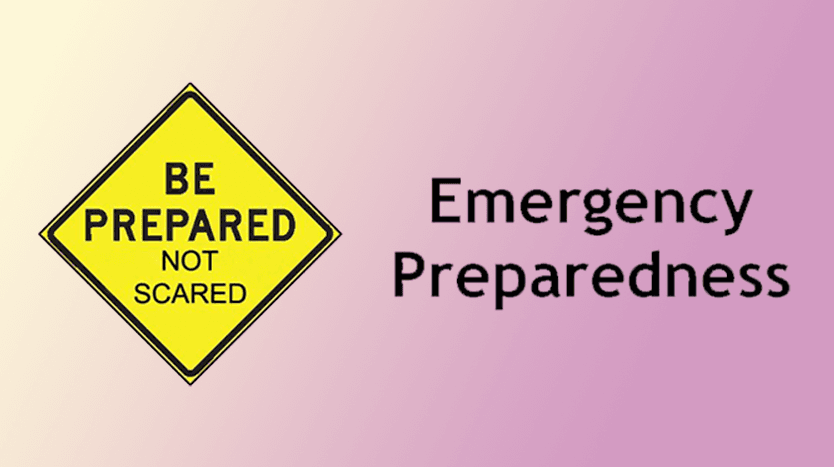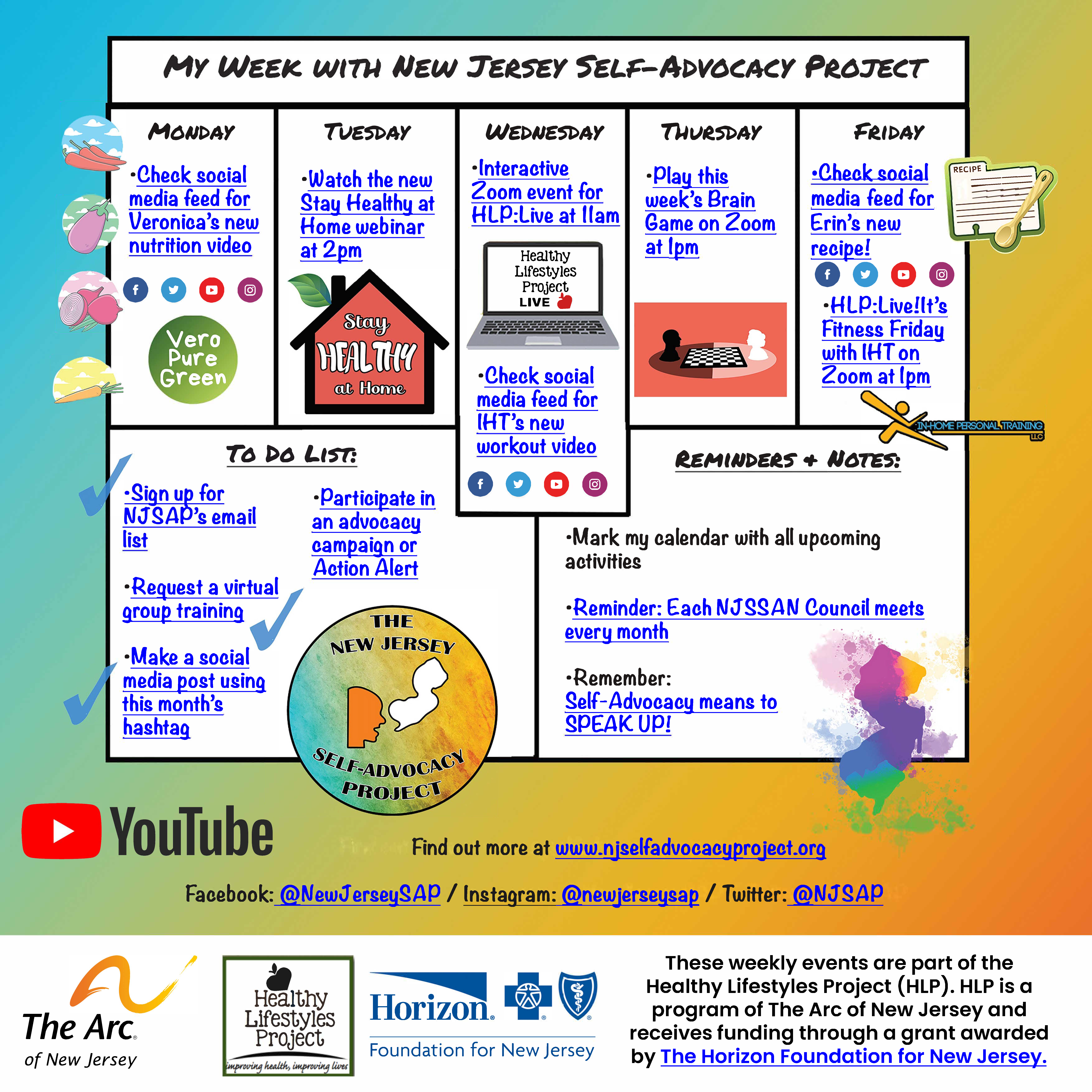
Welcome to the Positive Pulse blog! Check in with us each month for tips on healthy living, right on our website. A short snippet will be featured in the Positive Pulse monthly newsletter as well, which you can sign up for here.
We're back this month with some more tips on healthy living; this time our focus is emergency preparedness. Emergencies can happen at any time, so it is best to be prepared in advance!
Make an Emergency Kit
The goal of an emergency kit is to allow individuals and families to survive several days without access to food, water or electricity.
Emergency kits should include water, foods that are easy to make and won’t spoil (like canned soup, dry pasta, and powdered milk), a manual can opener, and basic utensils to prepare and serve meals. A three day supply of any necessary medication is also important, as well as a first aid kit.
If the power is out, it is helpful to have a flashlight for vision, a radio (battery-powered, solar, or hand-crank) for updates on the situation, cell phone with chargers, and extra batteries. Keep a blanket ready in case there is no heat in cold weather. Your kit should also include important phone numbers for doctors should medical assistance be needed.
While gathering your emergency kit, pack a go-bag for your family as well. Your family go-bag should be something such as a duffle bag or gym bag that is easily accessible so you can grab it and go in the event that a fireman or police officer knocks on your door and tells you to evacuate immediately.
Don't forget, pets are family too! Pack any necessary pet supplies such as food and bowls to make sure they stay healthy and safe. Be sure to include them in your emergency plans by visiting animalemergency.nj.gov.
Make an Emergency Plan
Make plans with family and friends in case you're not together when any type of emergency – natural, technological or man-made - occurs.
Complete a contact card for each family member. Make sure everyone knows how to turn on a cell phone, find the text messaging app, type a message, and send it to a contact.
Find the safe spots in your home for each type of disaster. For example, during an earthquake you will need to "drop, cover, and hold on" under a sturdy desk or table. However, during a tornado, you would need to seek shelter in a lower level room without windows. Learn more about different types of disasters.
Different disasters may require you to evacuate and go to different places. Make sure you choose a meeting place in your neighborhood and know the evacuation route well.
Make sure to practice your plan! Review these guidelines with all members of your family. and practice your disaster plans by running drills with the whole family. This way everything will run smoothly should an emergency occur.
Guide to Calling 911
Knowing when and when not to call 911 will keep the emergency lines open to people with true emergencies. A good rule of thumb is to call 911 when someone’s life, safety, health, or property is in immediate jeopardy. This means that if you need the fire department or an ambulance to respond, you should typically call 911 without hesitation.
Calling the police is frequently another matter as the police department gets all manner of requests. If you do not require an immediate response, call the regular line.
Helpful Tips
Keep as calm as possible and try to listen closely to the dispatcher’s questions. Keep your answers as brief as possible and try not to repeat yourself. You are most likely going to be suffering from some amount of stress when making your call but try to be polite to the dispatcher. Give the information asked for as accurately and as quickly as you can and you’ll get the fastest response possible.
Always keep your personal safety in mind when calling 911. Do what is necessary to keep yourself and anyone else on the premises out of harm’s way. You may need to leave the location or lock yourself in a room. The information the dispatcher is asking for is very important, but it does not supercede your safety!
RESOURCES:
https://www.911.gov/calling-911/frequently-asked-questions/

